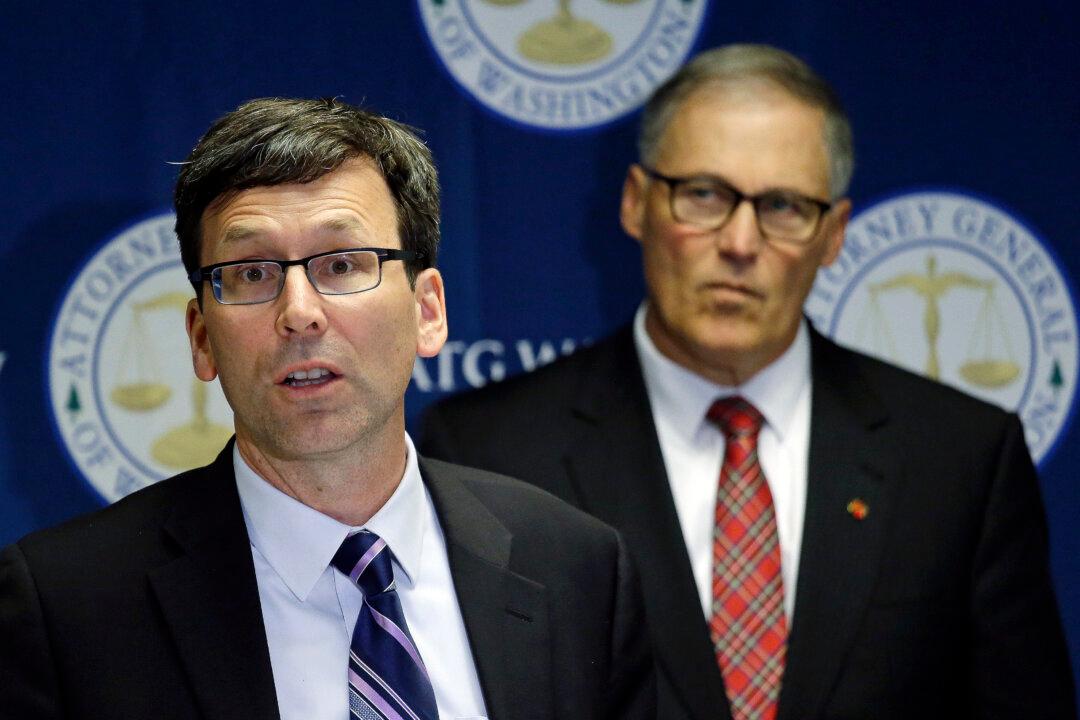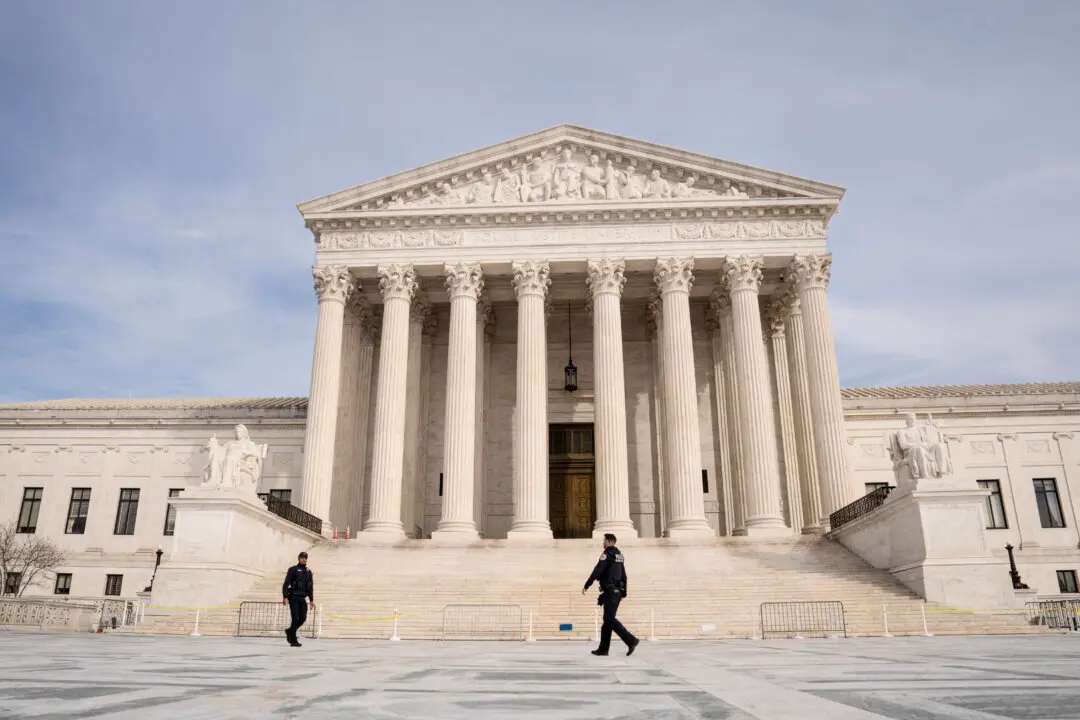A licensed marriage and family counselor is asking the Supreme Court to strike down a Washington state law that prohibits counseling against gender transitions.
Counselor Brian Tingley, who is a practicing Christian, says the state’s counseling censorship law violates his freedom of speech and infringes on his religious faith and that of his clients by prohibiting certain private client-counselor conversations regarding sexual orientation and gender identity that are disfavored by the state government, while allowing and encouraging conversations the government favors.





